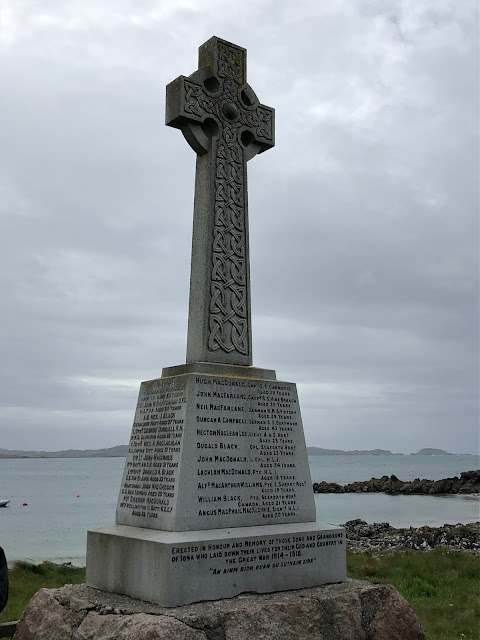The first of the undecoded messages read: "Popeye sits in thunder, Unthought of. From that shoebox of an apartment,
From livid curtain's hue, a tangram emerges: a country."
Meanwhile the Sea Hag was relaxing on a green couch: "How
pleasant
To spend one's vacation en la casa de Popeye," she
scratched
Her cleft chin's solitary hair. She remembered spinach
And was going to ask Wimpy if he had bought any spinach.
"M'love," he intercepted, "the plains are decked out
in thunder
Today, and it shall be as you wish." He scratched
The part of his head under his hat. The apartment
Seemed to grow smaller. "But what if no pleasant
Inspiration plunge us now to the stars? For this is my
country."
Suddenly they remembered how it was cheaper in the country.
Wimpy was thoughtfully cutting open a number 2 can of spinach
When the door opened and Swee'pea crept in. "How pleasant!"
But Swee'pea looked morose. A note was pinned to his bib.
"Thunder
And tears are unavailing," it read. "Henceforth shall
Popeye's apartment
Be but remembered space, toxic or salubrious, whole or
scratched."
Olive came hurtling through the window; its geraniums scratched
Her long thigh. "I have news!" she gasped. "Popeye, forced as
you know to flee the country
One musty gusty evening, by the schemes of his wizened,
duplicate father, jealous of the apartment
And all that it contains, myself and spinach
In particular, heaves bolts of loving thunder
At his own astonished becoming, rupturing the pleasant
Arpeggio of our years. No more shall pleasant
Rays of the sun refresh your sense of growing old, nor the
scratched
Tree-trunks and mossy foliage, only immaculate darkness and
thunder."
She grabbed Swee'pea. "I'm taking the brat to the country."
"But you can't do that—he hasn't even finished his spinach,"
Urged the Sea Hag, looking fearfully around at the apartment.
But Olive was already out of earshot. Now the apartment
Succumbed to a strange new hush. "Actually it's quite pleasant
Here," thought the Sea Hag. "If this is all we need fear from
spinach
Then I don't mind so much. Perhaps we could invite Alice the Goon
over"—she scratched
One dug pensively—"but Wimpy is such a country
Bumpkin, always burping like that." Minute at first, the thunder
Soon filled the apartment. It was domestic thunder,
The color of spinach. Popeye chuckled and scratched
His balls: it sure was pleasant to spend a day in the country.
--John Ashbery (1927-2017), New York-born poet, poet laureate of New York State 2001-2003, critic, professor, and playwright


















